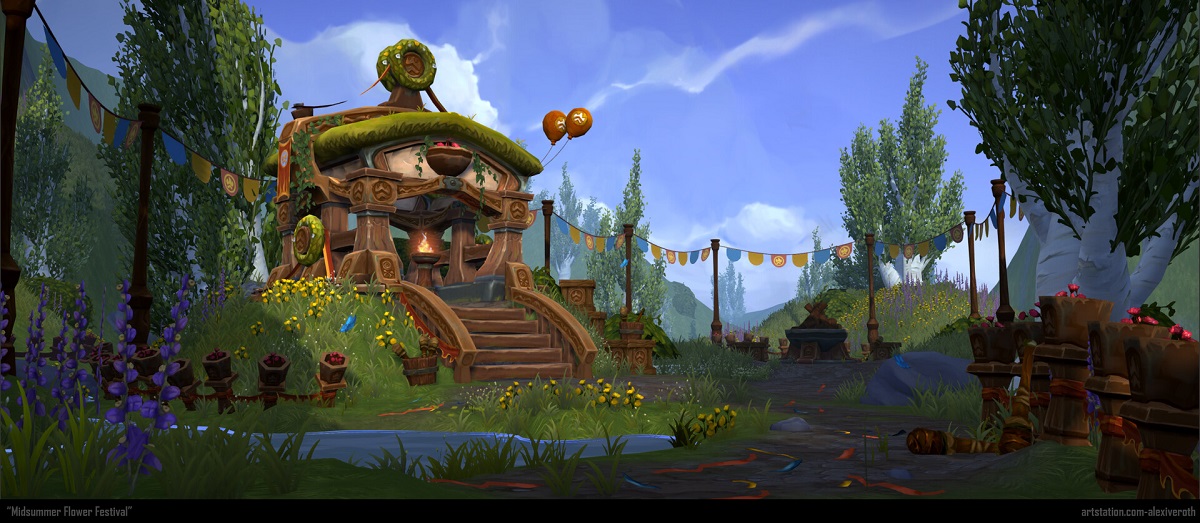The video game industry changes all of the time, and so universities that are trying to teach video game design have to do that as well. That’s what the University of Texas at Austin is learning as it modernizes its video game program.
Creating relevant classes for game design is hard in part because the field is young and it is driven by technology that changes all of the time. Students have to learn all kinds of disciplines, including game design, game engine programming, art, and sound — particularly if they want to be independent game developers who make their own games in full.

Unlock premium content and VIP community perks with GB M A X!
Join now to enjoy our free and premium membership perks.
![]()

![]()